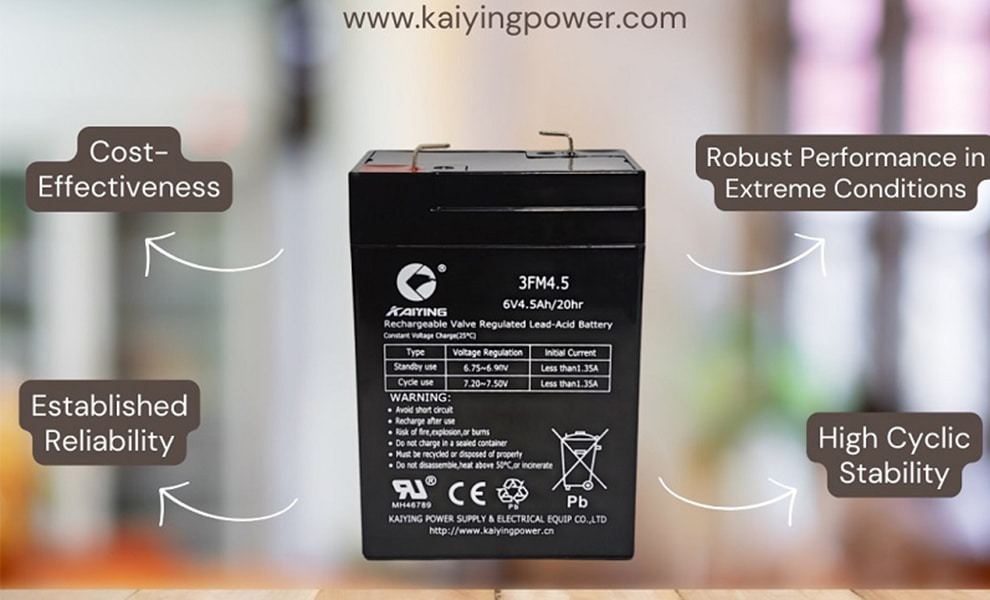Choosing Lead-Acid Batteries in the Age of Lithium-ion Dominance
In today's era of rapid technological advancements, lithium-ion batteries have undoubtedly emerged as one of the most popular energy storage technologies. However, with the prevalence of lithium-ion batteries, why do some people still choose lead-acid batteries as their preferred energy solution? This blog post aims to explore several key reasons and elucidate why opting for lead-acid batteries remains a wise decision in certain specific applications.
-
Cost-effectiveness:
Compared to newer lithium-ion battery technologies, lead-acid batteries offer a more affordable option, making them an economically viable choice in certain applications. Particularly for high-capacity energy storage systems, lead-acid batteries exhibit significant cost advantages. While it is undeniable that lithium-ion batteries excel in energy density and cycle life, lead-acid batteries still possess a unique competitiveness in fields where cost and scalability are paramount. -
Established Reliability:
Lead-acid batteries are one of the most mature commercial battery technologies, having been in use for several decades. This extensive track record has fostered a deep understanding of the operational characteristics and reliability of lead-acid batteries, minimizing the risks for users. In contrast, despite significant advancements in recent years, lithium-ion batteries still hide uncertainties such as safety and lifespan concerns. For certain critical applications where reliability and predictability are crucial, lead-acid batteries provide a tried and tested solution. -
Robust Performance in Extreme Conditions:
Lead-acid batteries have proven their resilience and adaptability in demanding environments. They can operate effectively across a wide range of temperatures, making them suitable for applications that experience extreme climates. In contrast, lithium-ion batteries can be sensitive to temperature fluctuations, leading to performance degradation in extreme heat or cold. In circumstances where stable battery performance is paramount, lead-acid batteries offer a dependable solution. -
High Cyclic Stability:
Lead-acid batteries exhibit excellent cyclic stability, allowing them to withstand frequent charge and discharge cycles without significant capacity degradation. This characteristic, coupled with their ability to provide high current output, makes lead-acid batteries suitable for applications that require frequent and intensive power cycling. Lithium-ion batteries, on the other hand, may experience capacity fade over time, limiting their suitability for certain cyclic applications.
